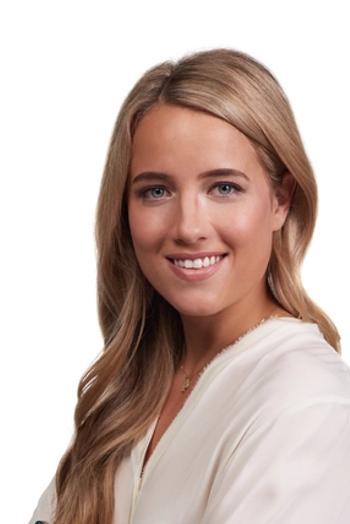
Your Next Medical Practice Hire: Pre-Employment Screening Tips
When you are looking to bring in a new hire to your medical practice, are you comfortable with how you screen? Here is a great addendum to your current process.
A few months ago, I found an outstanding resource that I wanted to share with you today. The hiring process for medical practices can be costly and take a tremendous amount of time and energy. Some people are so overwhelmed by the daunting process that they put it off so long and the team breaks down, making matters worse.
Here are a few tips and ideas that you can implement immediately and cut down those costs and resources involved.
• When placing your employment ad, consider the team you have in place. Is there a skill set you are missing that might round out you team? Are you planning to reorganize your department? Do you have a leader? All of these questions are things to consider in writing the perfect ad. You don't want to just list out the tasks - tasks can be taught and trained. You are looking to match your culture, and fill a needed skill set.
• Now that you have resumes filling your inbox, the most efficient way to pick who you want to take a look at is to weed out anyone who has a misspelled word, poorly formatted resume, a blind resume sent without a cover letter, or the "objective" not matching what you put in your ad. These may seem obvious, but any of these small missteps are a true reflection of the person sending in their resumes. Do you really want to have to review their work on a constant basis knowing that their attitude about their work product already lacks?
• Next, pick the first 10 resumes that came in, that looked like they might be a good fit. Review closely the keywords that the applicant has used. Do they match your needed skill set? Does the applicant have similar experience that you are seeking? Sometimes it's a gamble to pick someone who has no experience in your industry, but if they have performed a similar function in another industry, it's a good idea to take a second look.
• The next step is a one-minute to two-minute phone screen. Notice I did not say "interview." You are screening them out of the 10 applicants you have chosen. If an applicant asks you, "When do you want the position filled by?" You answer should be, "As soon as we find the right fit." Certainly do not answer, "Right away!" Your applicants will pick up on your desperation and say anything they think you want to hear to get an interview.
• Once you have screened out four or five fitting applicants, the next step is not to bring them in for an interview. The next step is a pre-employment for healthcare test. While searching a few months ago for a pre-employment test, I found an excellent resource called, appropriately enough,
• Now you pick your top two applicants from these test results, and call them in. Your time has been cut significantly and you now have a great set of interview questions to ask. Sometimes, this is a grey area for everyone. The applicant is serious about the position, so you just have to make a choice between two applicants once you have interviewed them.
Having tools at your disposal to perform time consuming tasks at your practice can make a huge difference in the end result. Utilize what you can to minimize extra work. You will find yourself more eager to take on those daunting tasks!
Newsletter
Optimize your practice with the Physicians Practice newsletter, offering management pearls, leadership tips, and business strategies tailored for practice administrators and physicians of any specialty.













